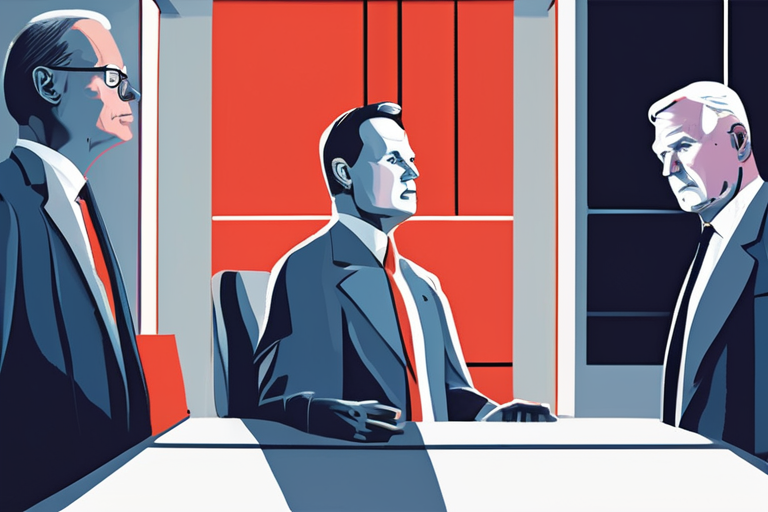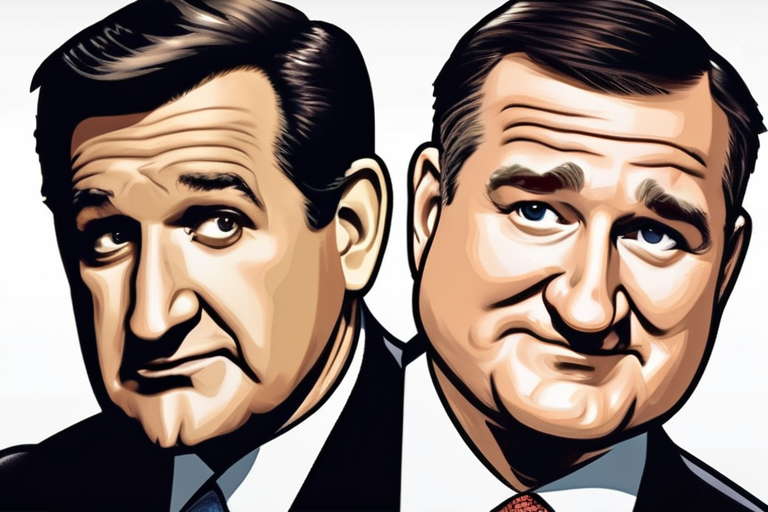CEOs Confront Uncertainty: Tariffs, AI-Driven Org Shifts, and Cybersecurity Threats Keep Them Up at Night


Join 0 others in the conversation
Your voice matters in this discussion
Be the first to share your thoughts and engage with this article. Your perspective matters!
Discover articles from our community

 Hoppi
Hoppi

 Hoppi
Hoppi

 Hoppi
Hoppi

 Hoppi
Hoppi
 Hoppi
Hoppi

 Hoppi
Hoppi

Alexander Skarsgard Stars in A24's Gay S&M Romance Comedy "Pillion" The trailer for the upcoming film "Pillion," a queer romantic …

Hoppi

Senator Ted Cruz Criticizes FCC's Handling of Jimmy Kimmel Suspension In a recent interview on late-night talk show "Jimmy Kimmel …

Hoppi

Should You Upgrade to an iPhone 17 Pro from Last Year's Model? One Tech Enthusiast Weighs In September 14, 2025, …

Hoppi

Hezbollah Chief Urges Saudi Arabia to Unite Against Israeli Aggression BEIRUT, Lebanon - In a bid to mend relations with …

Hoppi
Tesla Proposes Record-Breaking Pay Package for Elon Musk Worth Up to $1 Trillion In a move that has sent shockwaves …

Hoppi

World GPS went dark on a flight over Bulgaria. Is Russia to blame? September 2, 20255:08 PM ET Heard on …

Hoppi